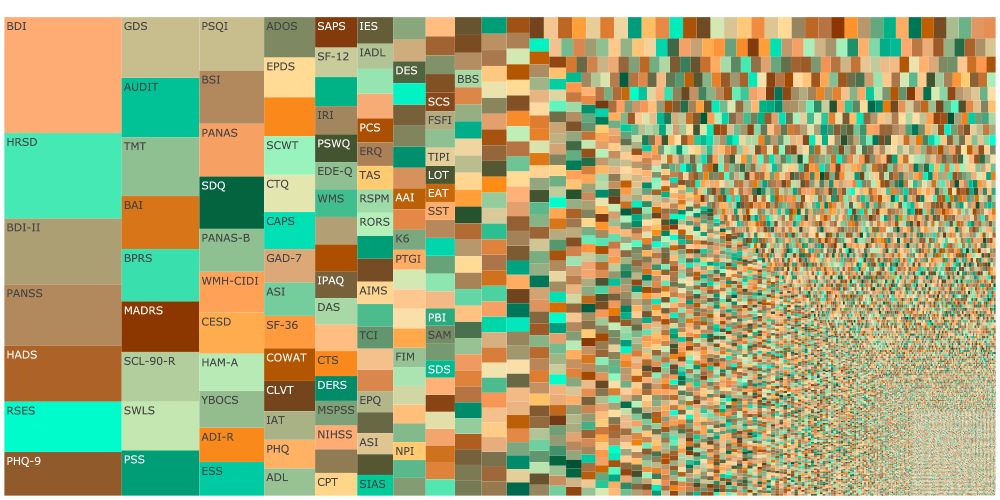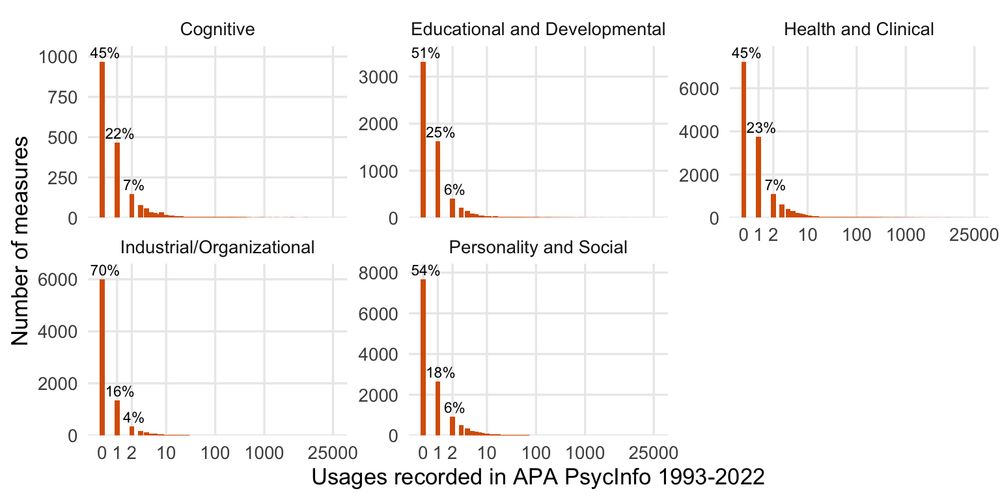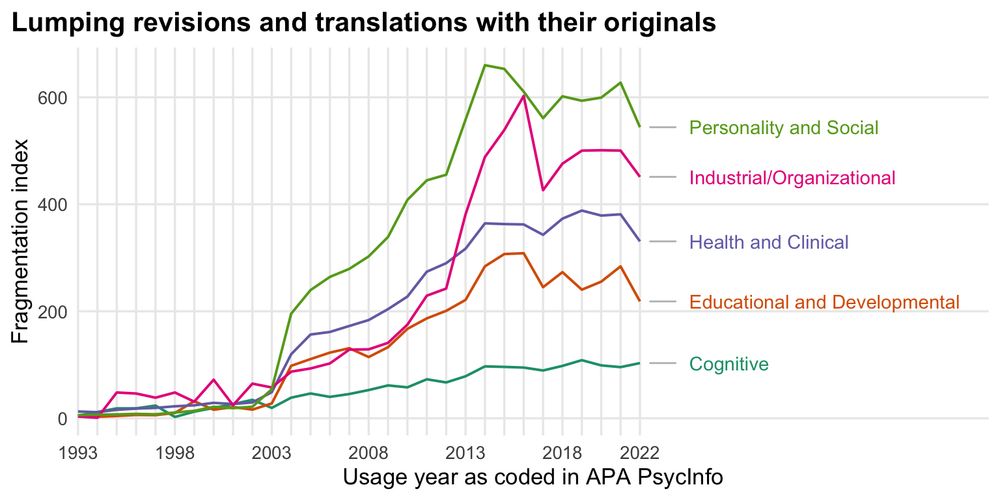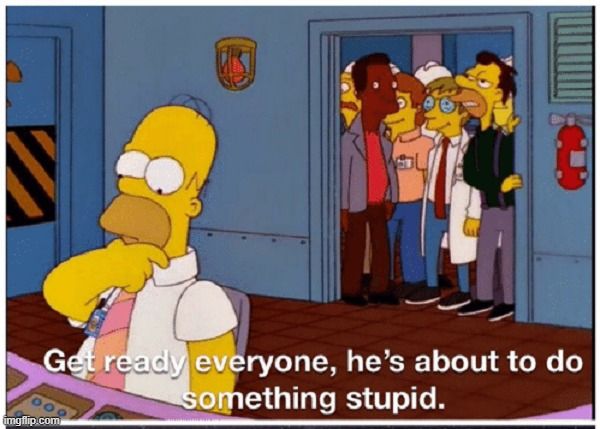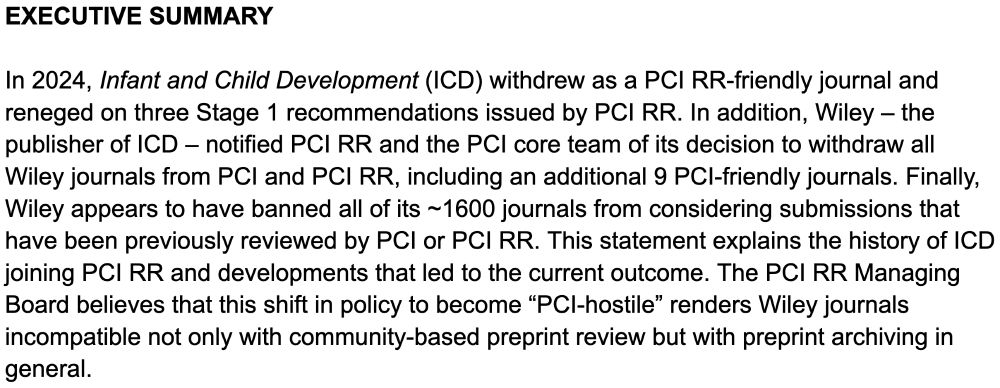David A. Ellis
@davidaellis.bsky.social
660 followers
73 following
100 posts
Professor of Behavioural Science at the University of Bath, UK. Interests = people + technology. ‘Failed upwards’, according to Paul Foot (one of the world's comedians). Part of the 65% who don’t own an air fryer. http://www.davidaellis.co.uk
Posts
Media
Videos
Starter Packs
Reposted by David A. Ellis
Reposted by David A. Ellis
David A. Ellis
@davidaellis.bsky.social
· Aug 20

Apple Rumored to Be Developing First Foldable Flip Phone, Set for 2026 Release - SSBCrack News
Back in 2005, the clamshell flip phone epitomized high-tech sophistication, allowing users to end calls with a swift snap. Fast forward to today, two decades
news.ssbcrack.com
David A. Ellis
@davidaellis.bsky.social
· Aug 19
David A. Ellis
@davidaellis.bsky.social
· Aug 19
David A. Ellis
@davidaellis.bsky.social
· Jul 24
Reposted by David A. Ellis
Paolo Crosetto
@paolocrosetto.bsky.social
· Jul 14
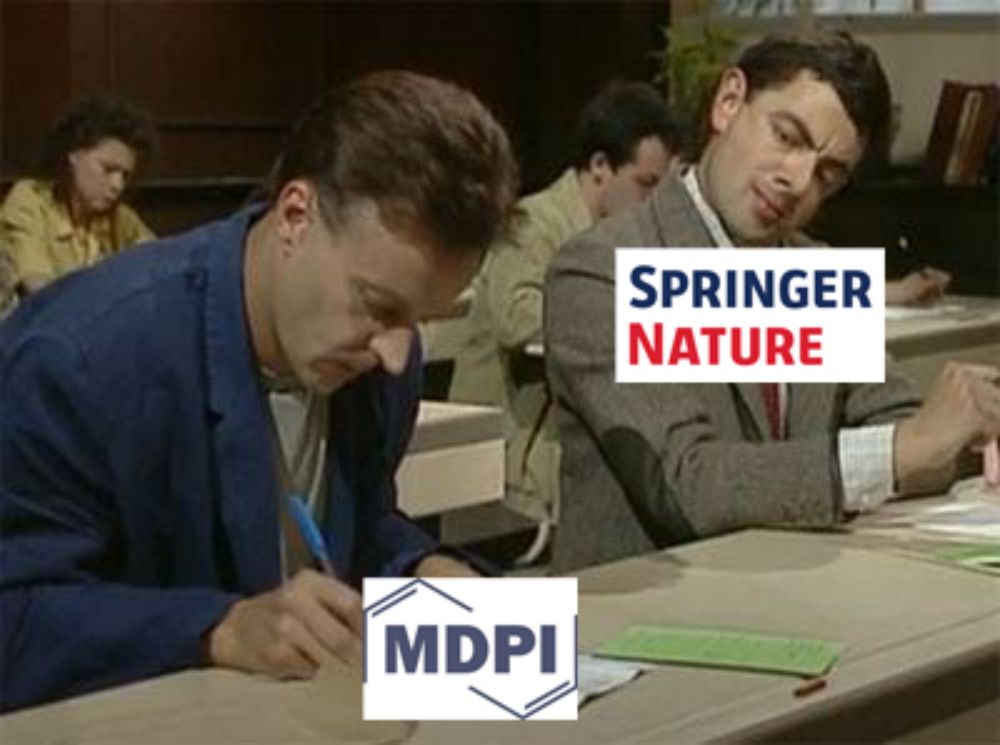
Springer Nature Discovers MDPI – The Strain on Scientific Publishing
Home page for the paper ‘The Strain on Scientific Publishing’ by Mark A Hanson, Dan Brockington, Paolo Crosetto and Pablo Gomez Barreiro
the-strain-on-scientific-publishing.github.io
Reposted by David A. Ellis


